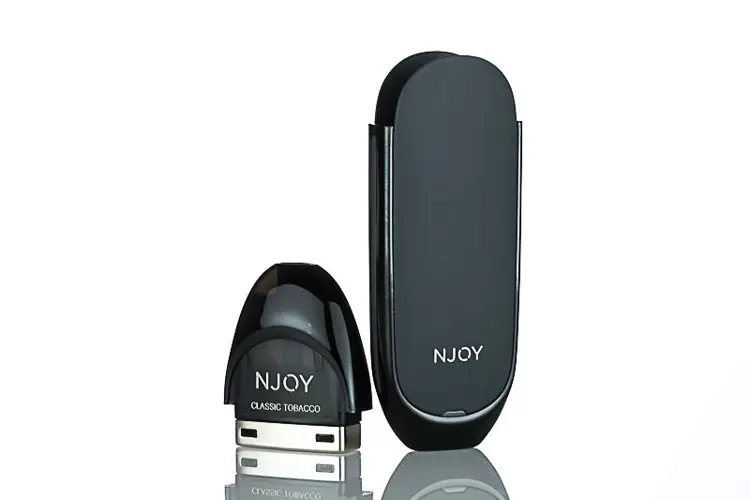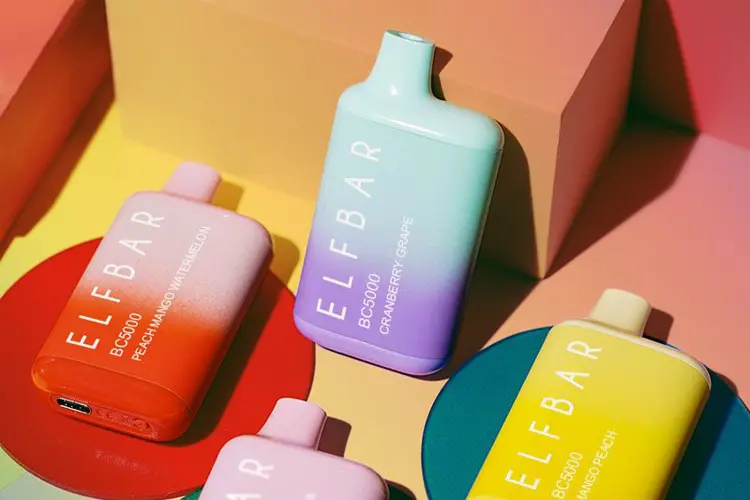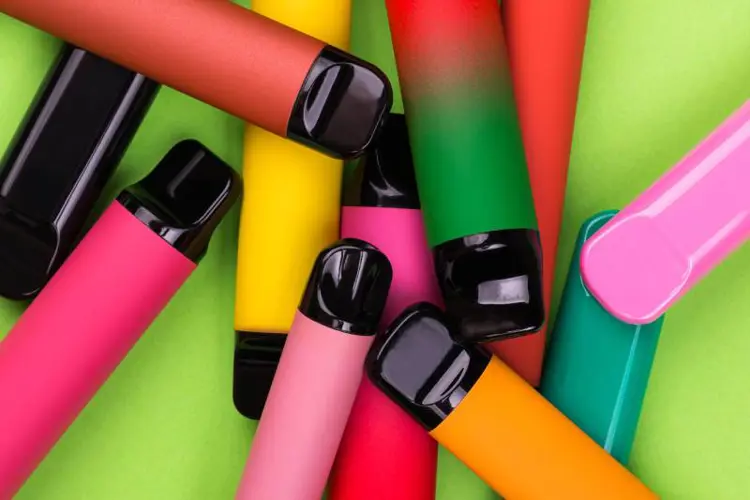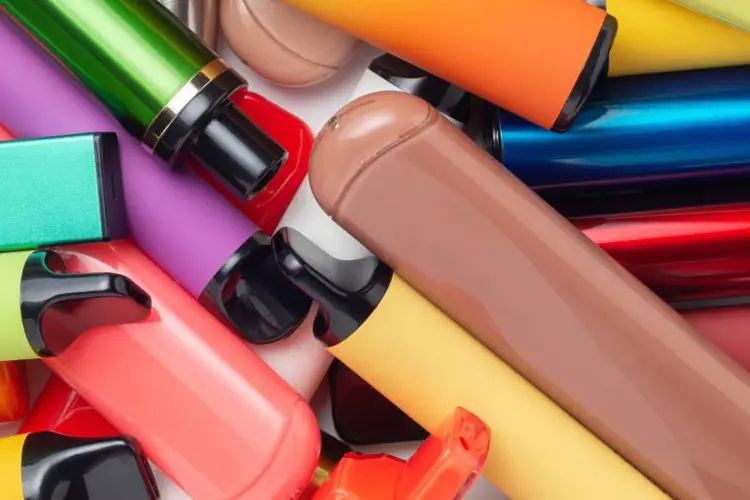JUUL Labs has filed a complaint with the U.S. International Trade Commission against 18 manufacturers of pod vapes JUUL says have violated patents and copied the design of the JUUL device.
The complaint, prepared by Washington, D.C. law firm Sterne Kessler on behalf of JUUL Labs, requests that the ITC “prevent the continued importation, distribution, selling, and marketing of the identified products in the United States.”
“The ITC action is part of Juul Labs' global efforts to defend the company's intellectual property from infringers, and also serves an important role in the company's effort to combat illegal underage use of Electronic Nicotine Delivery System (ENDS) products,” JUUL announced Thursday.
“The ITC complaint alleges that over 15 entities, based in China, the United States, and France, blatantly develop and sell products based on Juul Labs' patented technology.”
The complaint names multiple respondents responsible for a variety of ecigs used to quit smoking that also use salt nic e-liquid; JUUL claims those products infringe on its patents in an attempt to grab some of the JUUL's market share. “In contrast to [JUUL Labs], Respondents are mostly bit players and recent entrants in the ENDS market. Seeing an opportunity to capture some of [JUUL Labs’] success with minimal investment, Respondents blatantly emulated the distinctive design of the JUUL system,” JUUL alleges.
The devices named in the complaint are:
- Bo One
- Bo+
- Eonsmoke Device
- Eonsmoke v2.0 Device
- Eonsmoke Pods Pack
- 4X Pods Pack
- Ziip Starter Kit
- Plus Pods Pack
- Xfire Device Kit
- Xfire Pods Kit
- Flair Xtreme Starter Kit
- Myle Starter Kit
- Pulse Starter Kit
- 3X Pods Pack
JUUL’s British subsidiary also filed a similar action in the U.K. against one of the alleged patent violators, the French maker of the Bo pod system.
"Intellectual property laws protect both innovation and consumers," said JUUL Labs’ chief legal officer Gerald Masoudi. "Although we welcome legitimate competition, we will continue to utilize every legal option available to us to keep copy-cat and illegal counterfeit products off the market. Juul Labs believes that such products infringe our intellectual property and, in many cases, may present risks to consumers in terms of quality and underage access."
Last month, JUUL Labs filed trademark claims against 30 business entities selling copycat JUUL devices and fake JUUL pods. As part of that civil action, a federal district court in Virginia granted JUUL’s request for a temporary restraining order, and froze some U.S. assets of the defendants.
In addition to defending its intellectual property, JUUL alleges that the other devices have questionable manufacturing standards, and may be sold without strict age verification. They also claim that their competitors’ products “include inappropriate flavors, seemingly directed to attract underage users.”
How JUUL's lawyers have determined that one eliquid flavor is more attractive to teenagers than another is a mystery, unless they’re simply adopting the logic of tobacco control groups and politicians who would like to ban all flavors. They might be better served by staying in their patent lane and not trying to score points with the FDA by impugning the motives of other e-liquid manufacturers — especially since JUUL's own mango and mint flavors are among the most popular on the market among all age groups.
JUUL has already said publicly that eliminating flavors from its products is “on the table,” as the company grapples with an order from the FDA to produce a plan to prevent youth use of its products. JUUL probably depends less on flavors than the open-system niche of vape mods and vape tanks within the U.S. vaping market, for which a flavor ban would deliver an immediate death sentence.
The Freemax REXA PRO and REXA SMART are highly advanced pod vapes, offering seemingly endless features, beautiful touchscreens, and new DUOMAX pods.
The OXVA XLIM Pro 2 DNA is powered by a custom-made Evolv DNA chipset, offering a Replay function and dry hit protection. Read our review to find out more.
The SKE Bar is a 2 mL replaceable pod vape with a 500 mAh battery, a 1.2-ohm mesh coil, and 35 flavors to choose from in 2% nicotine.
Because of declining cigarette sales, state governments in the U.S. and countries around the world are looking to vapor products as a new source of tax revenue.
The legal age to buy e-cigarettes and other vaping products varies around the world. The United States recently changed the legal minimum sales age to 21.
A list of vaping product flavor bans and online sales bans in the United States, and sales and possession bans in other countries.

















